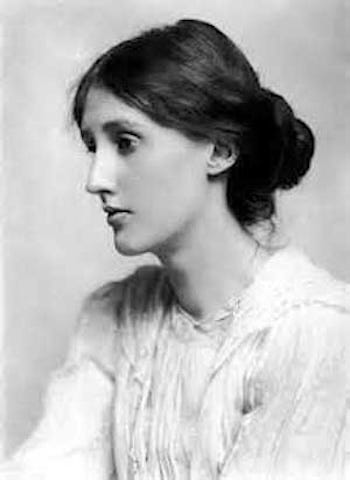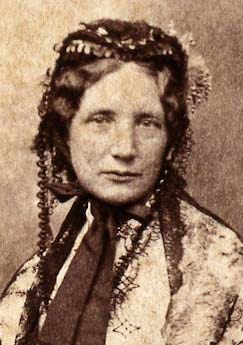Sweet Solitude — for writers, other creators — and everyone
Classic women writers on finding time and space to write, dream & create
Welcome to Literary Ladies Lite Sunday edition, and thank you for being here. These waning days of winter (yay!) seem to be a good time to consider the role of solitude in our lives, whether we’re writers or other creators, or just need a break from the noise of the outside world.
Virginia Woolf famously wrote, “A woman must have money and a room of her own if she is to write fiction.” Leaving aside the question of what form creativity takes, just how important is the proverbial “room of one’s own” — or the pursuit of occasional solitude, in general?
In my research into the lives of women writers of the past, the universality of the issues and struggles is striking. One ongoing issue has been finding quiet time to write and a modicum of privacy was as great a challenge in the 19th century as it is for today’s women—writers, creators, workers, mothers. Many if not most of us are inundated with obligations, activities, children, parents, community, and of course, the need to make money.
I’m an introvert by nature, with a lot of people (family, friends, readers who stay in touch) in my life, so it’s kind of the best of all worlds. I’m grateful for that. But I really need my alone time! What role does solitude and purposeful quiet have in your life? Is it difficult to carve out that kind of time and quietude?
(**Did you know that if you hit the heart at the top or bottom of this post, it helps others discover this publication? Thank you in advance!)
Harriet Beecher Stowe:
She needed a room of her own
See also: Harriet Beecher Stowe, Motherhood, and Writing
Virginia Woolf wasn’t the first to express the need for a private space. Harriet Beecher Stowe, best known for the anti-slavery novel Uncle Tom’s Cabin, neatly foreshadowed Woolf’s words in a letter she wrote to her husband, “If I am to write, I must have a room to myself, which shall be my room.”
Stowe was the mother of seven children (three of whom she lost, one as a toddler and the other two in young adulthood). Yet she needed to augment the family’s income, which came from writing anything she could get paid for, all the while being responsible for all the household duties.
“All last winter,” Stowe continued, “I felt the need of some place were I could go and be quiet and satisfied.” Still, time apart from her children in pursuit of writing made her feel guilty:
Keep reading with a 7-day free trial
Subscribe to Literary Ladies Guide to keep reading this post and get 7 days of free access to the full post archives.





